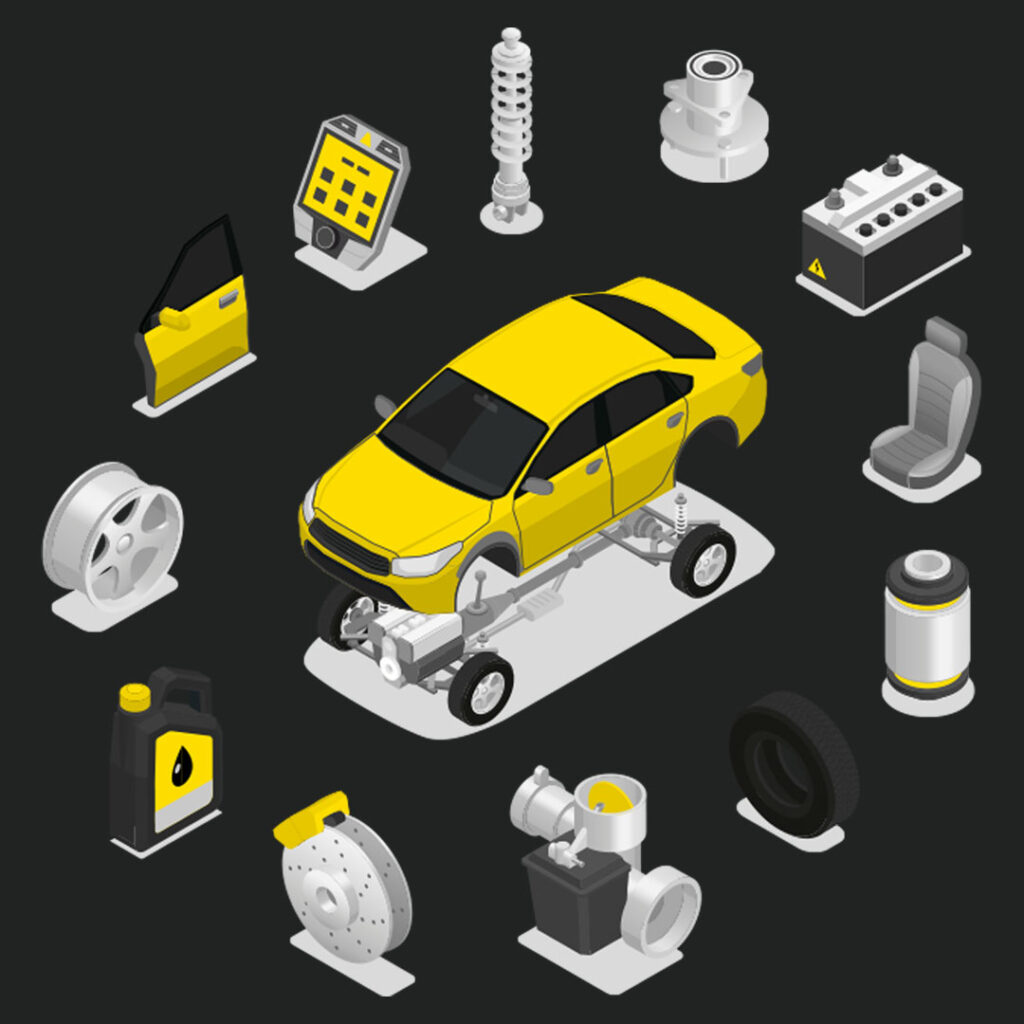Being a Quality Control Engineer is not for everyone. It’s a tough job in a demanding industry, and there’s always a new product launch on the horizon. If you’re feeling overwhelmed, you’re not alone. Many in your position feel the same.
A Quality Control Engineer who is overwhelmed with work may be struggling to keep up with the daily demands of their job. You may feel as if you have too much to do and not enough time to do it, not without staying well into the night hours at least. If you’ve been struggling for a while, you may constantly feel stressed and anxious, and may even have trouble sleeping or concentrating on any task at hand. Feeling pulled in too many directions can lead to difficulty making decisions and completing any tasks. When you have so much to do, it leads to a major decrease in overall productivity rather than an increase. As you feel burned out and unmotivated, you may start to miss deadlines and make more mistakes. It is very common for someone in this situation to have a hard time disconnecting from work when they’re not in the office, thinking about work-related tasks, and worrying about product launches even when they’re at home with loved ones. If any of this sounds familiar, it’s time to make a change for the better.
A Day in the Life of a Quality Control Engineer
As a Quality Control Engineer, your day-to-day is a constant battle between the quantity of parts being shipped out versus the quality of these products. You may feel as if the people in your company who care about sales, dollars, and revenue want more parts being made faster than you can keep up. It’s on you to make sure everything meets the quality standards. The overarching struggle is ongoing, and leads to a lot of stress. It seems as if the only way to find a balance between fulfilling sales orders and keeping production going without compromising quality standards is to work overtime. How else can you uphold your company’s reputation and ensure the products you’re accountable for meet the necessary quality standards? After all, there is quality systems compliance to consider. From government to industry standards and requirements, there are things you need to do on a regular basis to stay compliant.
This is only the beginning. Getting accurate, reliable data on time is a struggle as well. Far too many times, you get a quality ticket showing an issue of concern and by the time you’re brought in, the part has already been thrown away. There is no time to do root cause analysis in order to stop it from becoming a recurring issue. The time it takes to analyze why the part is noncompliant becomes secondary to the bigger picture of meeting production demands when you’re busy with other tasks.
As well, you’re responsible for being in meetings, both internally and at OEM. You need to be on call whenever someone needs you, whether they’re in the office down the hall or in the Mexican automotive plant. This becomes impossible when you walk into the office and find that a major issue occurred overnight. The plan you have set forth for yourself for that day or week can change when you walk into something that reprioritizes your week. The stuff you had planned still needs to get done, but how do you juggle it?
5 Ways to Alleviate the Many Daily Burdens a Quality Control Engineer Faces
It seems as if your two choices are to either work long hours or put aside the things that aren’t a priority and often never get to them. You may even find that even when you reprioritize tasks, the important daily to-do’s still don’t get all done because there simply aren’t enough hours in the day for it all. It is no wonder that people burn out and only last a few years in the position.
In fact, there are a few things you can do to better get through the day. Consider the following:
#1 Brush up on time management skills. More than anything else, time management is a struggle for Quality Control Engineers. Time management is the ability to use your time productively and efficiently. One of the best pieces of advice an expert can give you is to get better at prioritizing, and working out what really needs doing. Then, discard the other things from your mind. A distinction between truly urgent and everything else is the key to prioritizing your time and your workload. This allows you to work out what to do first, and what can be left either until later, or not done at all.
Don’t sweat the small stuff and don’t let yourself burn out! Experts who have been in the industry for years will tell you that there’s nothing that is a life and death emergency. It can wait. If an email comes in on Friday night, it will still be there on Monday morning!
#2 Make use of quality systems training. A sizable portion of Quality Control Engineers don’t have the proper training or certifications to work efficiently. Six Sigma is a fantastic one to have and put to use. Six Sigma is a universally-recognized certification of aptitude in doing quality work. This certification means an individual possesses a thorough understanding of enhanced problem-solving skills, with an emphasis on the DMAIC (Define, Measure, Analyze, Improve, and Control) model. Learning a little more can make a huge difference in how efficient you’re able to be.
#3 Prioritize healthy living. You’re not able to perform to your best ability when you’re tired, hungry, out of shape, and grumpy. Something as simple as getting 7-8 hours of sleep and eating well can make a huge difference in your ability to get through your day. Basic tips for healthy living that can help improve overall health and well-being include eating a variety of fruits, vegetables, whole grains, and lean protein, as well as regular exercise.
#4 Give yourself a break. It’s essential to take breaks and relax. You deserve a mental rest! Taking care of your mental health can include taking a break away from your screen during the day to go for a walk, practicing mindfulness, or seeking help from a licensed professional if needed. Remember, you can’t let everything fall on your shoulders. It’s okay to say no to things that don’t align with your priorities!
#5 Bring in the help of a Quality Liaison. Quality Liaisons work within a wider team of professionals to ensure that the final vehicles being shipped to dealerships across the country are safe, reliable, and meet customer expectations. TQS does this while also keeping the entire manufacturing process as productive, effective, and cost-efficient as possible.
TQS provides on-site support for tier 1 automotive suppliers. Our Quality Liaisons can be your representative at the OEM, working to ensure raw materials and component parts meet both companies’ quality standards. We like to say, “We’re there so you don’t have to be!” That is because while quality assurance is incredibly important, it doesn’t have to take over your entire life. If you’re able to find the right OEM representation, someone else can be your eyes and ears away from your facility. This means removing quite a bit from your plate and giving you hours back into your day.
Being too busy is a common issue that affects many people in the automotive industry. It can lead to Quality Control Engineers feeling stressed, exhausted, and overwhelmed. The key to managing this is to prioritize your time and focus on the most important tasks, meaning bringing in the help you truly need. With a little bit of planning, time management, and handing off tasks to a Quality Liaison, you can lead a more balanced and fulfilling life – despite your busy schedule.
Your ability to make it through the day without being overloaded is crucial for your health as well as your ability to do this job long term. This isn’t something to ignore – and it’s not something to give up on either. A healthy living routine and the practice of offloading some of your responsibilities is not a one-time thing. It is important to adopt a long-term process that incorporates these tips and make it a part of your daily routine for long-term benefits. For more information on how we can help you restore the daily work/life balance you need in order to be happy, healthy, and productive, download our infographic How a Quality Liaison Improves Your Health, Happiness, and Balance.







